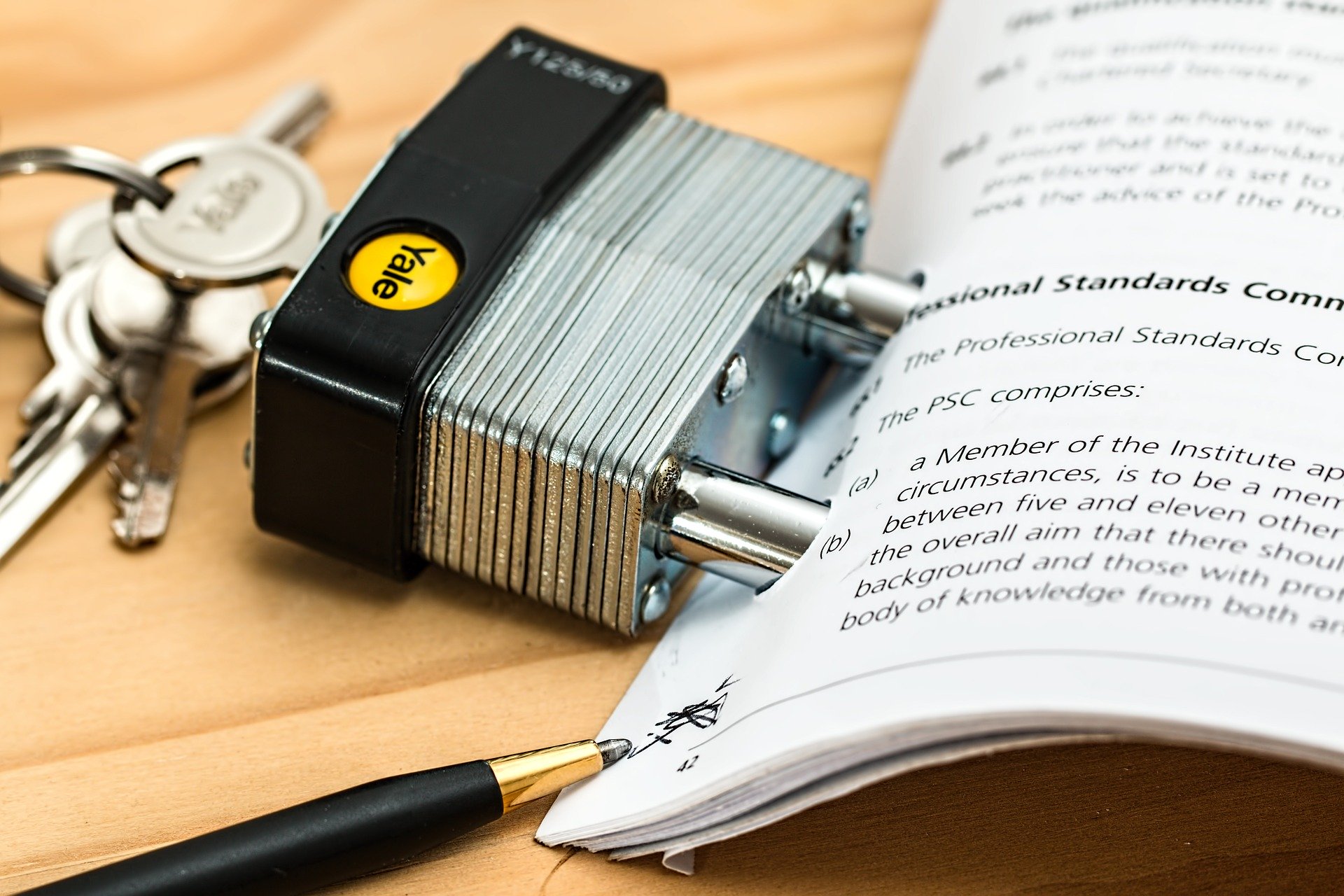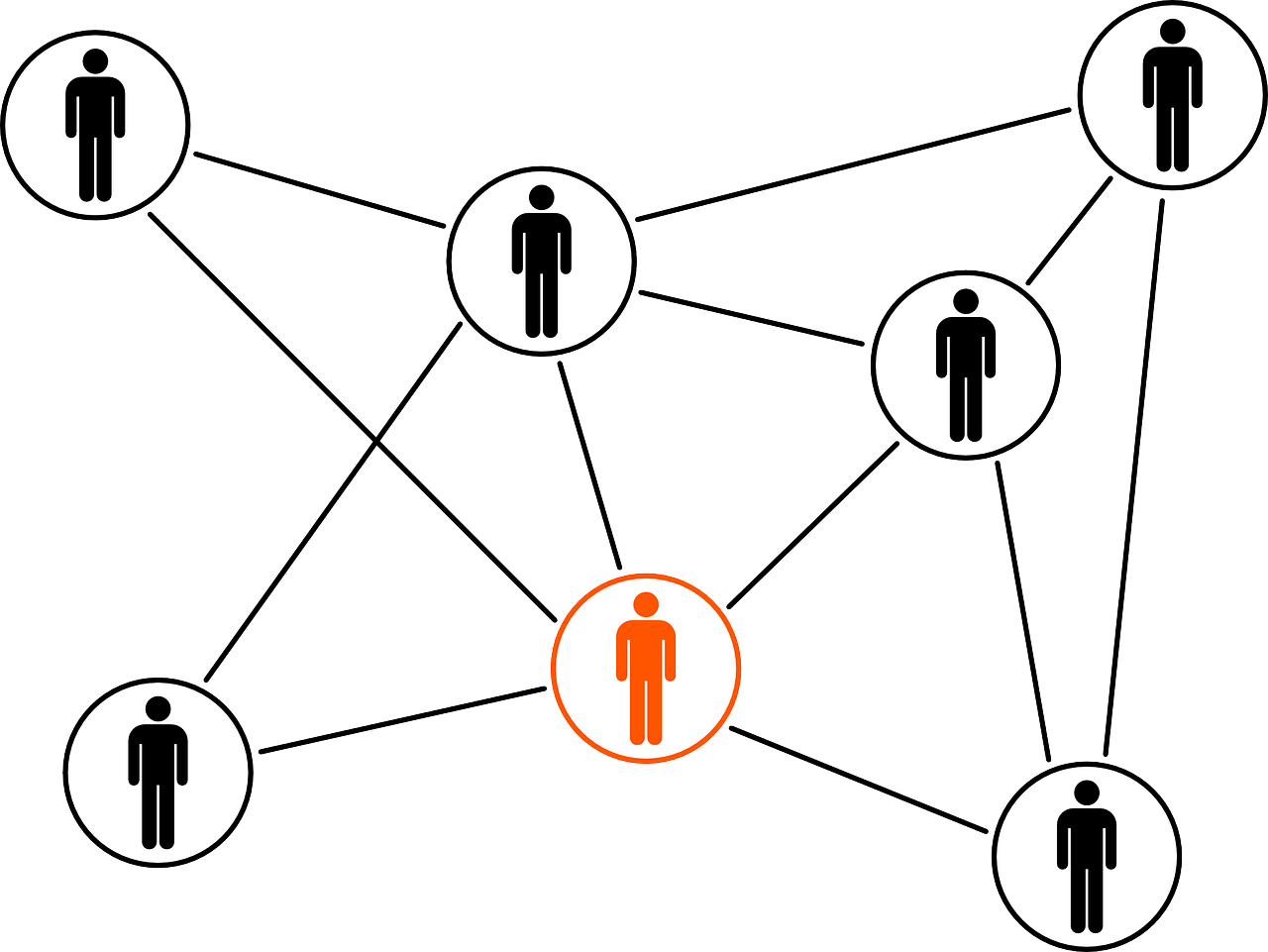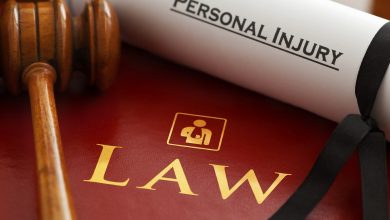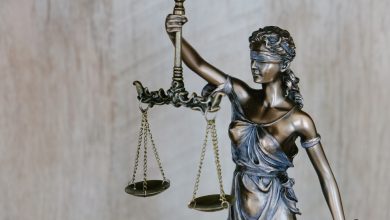What Are Proffer Agreements?

Proffer is a legal term that refers to confidential negotiations between prosecutors and defendants. Federal courts define proffer as a legally binding contract that neither suspects nor the government can breach. This includes the secrecy of any revealed evidence or criminal admissions. When an individual signs a contract, in general, the other party is obligated to honor its terms. If they don’t, the court will rule against them. Defendants also enjoy this protection when they sign a proffer deal. These characteristics define proffer negotiations and what they entail.
Nevertheless, individuals must should also read any document before adding their signature to it. Otherwise, they could commit to obligations that make their lives worse, not better. Similarly, even a single proffer legal term can jeopardize your case. Furthermore, you may accidentally breach the deal and, therefore, give the government evidence that they can use against you.
Proffer agreements offer great advantages to felons, especially those who are looking for a more lenient sentence. Yet you or your lawyer should always review the contract and ensure that it holds the prosecution accountable. To specify, certain provisions will largely define what the proffer covers and what it doesn’t.
History and Overview
During the early 1900s, the courts and legal professionals were concerned about the interpretations of contracts. Firstly, agreements may not address certain situations that could come up in the future. Secondly, some contracts gave one party an unfair advantage over the other. In light of this, a New York judge ruled that all written agreements are negotiated in “good faith.” That is to say, people should enter contracts without intending to harm someone or infringe on their rights. Moreover, when one party breaches the deal, they aren’t acting in “good faith.”
What does this have to do with proffer? By the 1950s, the federal government adopted the “good faith” provision. As a result, the way that legal codes define proffer and its meaning required prosecutors to act in “good faith” during criminal cases. To clarify, when they reach a proffer agreement with a defendant, prosecutors must fully honor the contract. If they present any evidence that was inappropriately gathered, a judge will automatically reject it.
How do courts define proffer as a legal term?
In general, this process starts when federal attorneys send a suspect the proffer letter or offer. After that, if the defendant accepts, the prosecutor interviews them to gather evidence. The key elements that define proffer agreements have to do with their confidential nature. Government lawyers cannot use the defendant’s admission or any revealed evidence during the case. In fact, prosecutors might even share their strategy and concerns during the proffer interview. However, defendants cannot rely on that in court, either.
The proffer agreement that you sign is legally binding. If any party breaks the contract, they could face legal repercussions. Moreover, the side the breached the agreement might be liable for punitive and other types of damages. As a defendant, your end of the deal entails giving truthful and honest information. Otherwise, if the prosecutors find out that you lied or neglected certain details, they can use your proffer confessions against you in court.

Equally as important, there are some areas that proffer agreements don’t cover or define. For instance, when you tell the prosecutors about other potential witnesses, they may interview them to gather proof. In turn, if this new evidence (that the witnesses shared) proves that you’re guilty, the prosecution may present that during the hearing or trial. At times, they might even file new charges against you, particularly when the witnesses or leads reveal criminal evidence that federal lawyers didn’t know about.
Proffer Agreements: A Step-By-Step Process
Defendants usually agree to proffer contracts because they prelude a plea bargain or other negotiations. If your evidence or information is strong enough, prosecutors might drop the charges or lower them. In exchange, they expect you to act as a witness for the government in court. Nonetheless, when you don’t provide them with useful or revealing facts, the government could continue to file charges against you. While proffer is a legal term that applies to contracts, these prosecutor-defendant agreements are somewhat informal. In other words, when it comes to the outcome of proffer negotiations, nothing is guaranteed.
Part One: The Letter
Firstly, accused felons receive a letter from the federal government’s attorney. The documents outline the offer from the prosecutor. More specifically, in exchange for valuable information or evidence, federal lawyers may drop charges against you or lower your sentence. Yet the law doesn’t define proffer timelines. That is to say, prosecutors may send you the letter before your trial or after conviction. Furthermore, defendants (or their attorney) have room to negotiate the proffer’s meaning and provisions.
As an accused felon, you (and your lawyer) should carefully scrutinize the contract before signing it. After all, proffer as a legal term and agreement is binding. If you (or the prosecutor) breach its terms, the consequences of not acting in “good will” could be harsh. Therefore, when you read the proffer letter, there are some aspects that defendants should take into consideration:
- Do the prosecutors promise to offer you a plea bargain/reduced sentence or does the contract state that they will only “consider” it?
- What type of information can the government use against you? Your agreement should clearly state how prosecutors will rely on new evidence, witnesses, and potential leads.
- Does the deal limit your right to a lawyer? At times, the prosecution may take away your attorney-client privilege or restrict a defendant’s access to their representative.
Part Two: The Interview
After you fully understand the proffer’s meaning/provisions and sign the contract, the federal government’s lawyers will set up an interview. During this part of the process, prosecutors ask about evidence and witness information. Accused felons who reveal crucial details or proof will likely secure a plea bargain. Because of this, you should prepare and present your strongest evidence in order to reach a plea/reduced sentence agreement with the prosecution.
To illustrate, here are some examples of case-changing proof or information:
- Any details or witness names that the government wasn’t previously aware of.
- Information about evidence that could tip the outcome in the government’s favor. For example, you could point out that your associate hides illegally obtained cash in their basement or elsewhere.
- What was your role in the criminal operation? If you, yourself, are an important witness, the prosecution might offer a plea bargain when you testify in court. However, defendants should make sure that this is written down in the proffer or plea bargain contract.
- Other details, evidence, or information that could potentially influence the court’s ruling on the case.
Part Three: All Is Said and Done
When the proffer interview concludes, each side evaluates what was shared. As far as defendants are concerned, they will likely face one of three potential scenarios. Firstly, if the prosecution believes that the evidence is strong enough to influence the course of the case and the judge’s decision, they will make an offer to the accused felon. Secondly, when you don’t provide significant information or proof, the government’s attorney may continue to press charges as planned, without reaching any deals. Thirdly, prosecutors could only use your proffer to pressure other defendants into making some sort of agreement.
To illustrate how each scenario would apply in a practical setting, here is an example: The federal government uncovers a large-scale illegal drug-dealing operation and arrests the suspects that are involved. One of the two ringleaders is in charge of smuggling the drugs into the state or country. The second cohort distributes them amongst a network of street sellers and oversees their operations. When law enforcement captured the criminals, they managed to detain the two leaders and five street-level sellers.
In this instance, the prosecutors are mostly interested in investigating the distributor. This is because the suspect regularly interacts with all of the operatives. Therefore, they could reveal crucial evidence and details. However, when federal attorneys sent them the proffer letter, the defendant refused the offer. Meanwhile, the prosecutors also wanted to negotiate with the two sellers, who agreed to the proffer interview.
The Good, the Bad, and the Ugly
Each of the two accused illegal drug sellers met with government lawyers separately. The first suspect told them that they had evidence of the distributor’s wrongdoing, such as text messages instructing the sellers to pick up drugs from a certain location. Yet the prosecution already obtained this information when they searched the detainees’ phones, vehicles, and belongings. As a result, the federal attorneys didn’t take any further action after the interview.
Having said that, the second seller revealed new and crucial details. For instance, they confessed to the prosecutors that the criminal group used stolen cars for their operations. The defendant also informed the government that the distributor is working with several smugglers, not only the arrested one. After that, the attorneys decide to offer the suspect a plea bargain or deal, such as reducing their sentence or dropping some/all of the charges.

Since the first defendant didn’t share any useful details, the prosecutors are less likely to offer them a plea bargain offer. However, federal attorneys could still use the proffer to pressure the group’s leader (the distributor). To clarify, when the distributor learns that one or more of their colleagues are negotiating with the prosecution and sharing evidence, they could end up with a lengthy sentence if they don’t collaborate with the authorities.
In fact, many attorneys use proffer agreements for this very purpose. That is to say, they may not be interested in what a suspect has to say or reveal, but their interview helps incentivize other defendants to do the same. Above all else, accused felons shouldn’t ignore potential triggers that proffer as a legal term doesn’t cover or protect.
Proffer as a Legal Term: What It Does and Doesn’t Cover
Proffer is a legal term that only applies to specific situations and cases. In other words, proffer agreements outline what is and isn’t confidential during the interview. Some aspects, such as criminal confessions, are secretive across the board. Others, like your Fifth Amendment protections and post-trial rights, could be compromised. This underlines how contract provisions define proffer waivers differently. At times, getting help from a lawyer might become necessary because a single contractual proffer legal term could impact your future rights and sentencing for years.
What Proffer Agreements Cover
In short, almost every contract will entail the following terms and obligations. Firstly, here are the protections that defendants enjoy:
- The prosecution can’t use any confessions or shared evidence during the trial and throughout the case. The only exception, of course, is if they reach a plea bargain deal and the defendant agrees to be a witness.
- If federal attorneys breach this provision, the courts will dismiss the improperly-obtained proof by default.
- A defendant who talks to prosecutors at an early stage has the right to favorable treatment. They also receive light or nonexistent punishment.
- If the suspect reveals strong proof or information, the government’s lawyers might offer a legally binding plea bargain deal.
Just as importantly, proffer agreements give the plaintiffs certain protections and privileges:
- Defendants can’t lie or hide information during the proffer interview.
- If they do so, prosecutors have the right to use any confessions or statements as evidence. This includes notes and audio/video recordings.
- The government could interview witnesses or leads that the suspect identifies. Any proof that prosecutors get from them is valid in court.
- Federal attorneys could require the defendant to testify in front of a judge and/or jury in exchange for a plea bargain agreement.
- Prosecutors are allowed to remove (or “impeach”) the defendant if their testimony contradicts what they said in the interview.
Inconsistent: A Crucial Proffer Legal Term
Some contracts define proffer rights and obligations in a specific, non-standardized way. In other words, they depend on what the prosecution and defense agree to. Almost every plea bargain deal requires the defendant to testify in court. After all, the whole point of proffer arrangements revolves around identifying the suspects that reveal the right information. However, it is also important for felons to understand how a proffer contract defines the word “inconsistent.”
For the most part, this proffer legal term applies to your interview and testimony. That is to say, you must share the same information and evidence in both cases. Otherwise, not only will the government withdraw the plea agreement, but they also have the right to use the proffer facts against you in court. Yet some contracts may expand the inconsistency provision to include the entire case. For example, if your one or more of your defense arguments contradict what you told the prosecutors, they could charge you for breaching the agreement.
As a result, the evidence that you revealed becomes valid and admissible in court. The only exception, of course, is if you initially forget an important fact or detail, but remember it after the proffer meeting. At times, “inconsistent” could even limit your post-trial rights. Prosecutors might file civil charges against you when the criminal case concludes. In fact, the Fifth Amendment is known as the Double Jeopardy Amendment because it prohibits the government from suing you twice for the same crime.
Post-Interview Evidence
A standard contract allows prosecutors to further investigate any leads or proof that you provide. To illustrate, let’s go back to our earlier example. The second drug dealer revealed that the group’s ringleader worked with several smugglers. They also highlighted how the gang relied on stolen vehicles to receive and deliver illicit drug shipments. Subsequently, the government investigated the vehicles and identified their legal owners.
While doing so, they obtained a security camera footage at a gas station. The video recording shows that the second drug dealer assaulted a civilian and stole the car. The terms of most proffer agreements don’t cover this proof. In other words, the prosecution can deploy this evidence to bring new charges (assault) against the defendant. Since this doesn’t violate the contract that the drug dealer signed, the court will admit this proof.

Even though proffer deals can give defendants a favorable deal, they could also create even more problems. After that, your case becomes complicated and critical. To prevent any issues, we need to go back to the start. Negotiating with prosecutors might work in your advantage, especially at an early stage. However, before you sign any agreements, read them. That, too, will largely impact your future and the sentence’s length.



